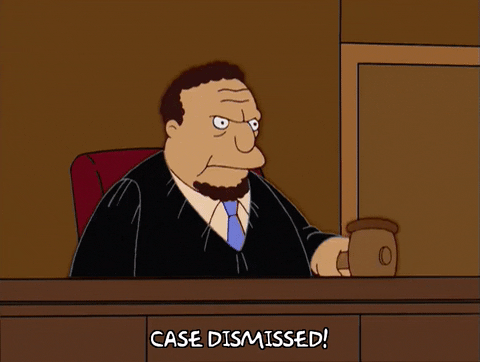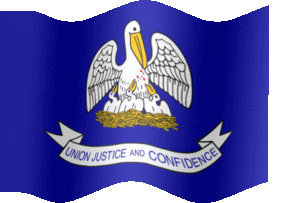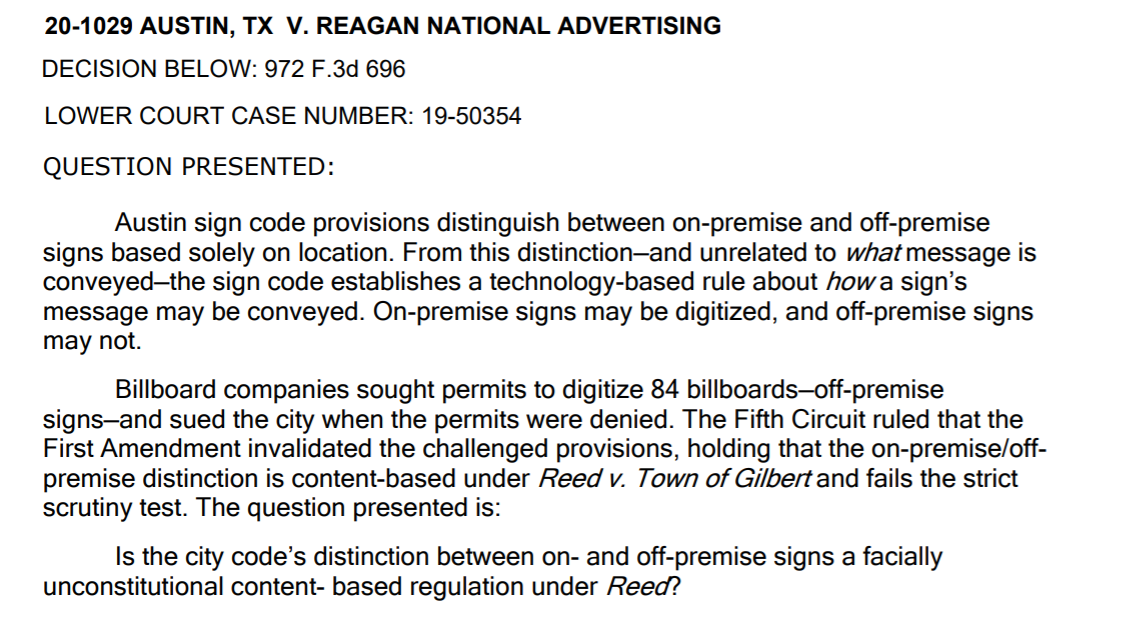 The key contract provision in Papalote Creek II LLC v. Lower Colorado River Authority said that “[LCRA]’s damages for failure to perform its material obligations under this Agreement shall likewise be limited in the aggregate to sixty million dollars ($60,000,000).” The Fifth Circuit concluded that read in context, this provision referred to damages that LCRA would owe to Papalote (acknowledging authority that, in the abstract, would suggest damages that LCRA would be owed).
The key contract provision in Papalote Creek II LLC v. Lower Colorado River Authority said that “[LCRA]’s damages for failure to perform its material obligations under this Agreement shall likewise be limited in the aggregate to sixty million dollars ($60,000,000).” The Fifth Circuit concluded that read in context, this provision referred to damages that LCRA would owe to Papalote (acknowledging authority that, in the abstract, would suggest damages that LCRA would be owed).
The Court went on to conclude that this provision capped damages available under a specific liquidated-damages provision, finding that another clause dealing with those specific remedies did not displace the language of the cap (It said that “for any provision for which an express and exclusive remedy or measure of damages is provided, such express remedy or measure of damages shall be the sole and exclusive remedy, [and] the obligor’s liability shall be limited as set forth in such provision[.]”). No. 19-50850 (July 16, 2021).
 In
In 






